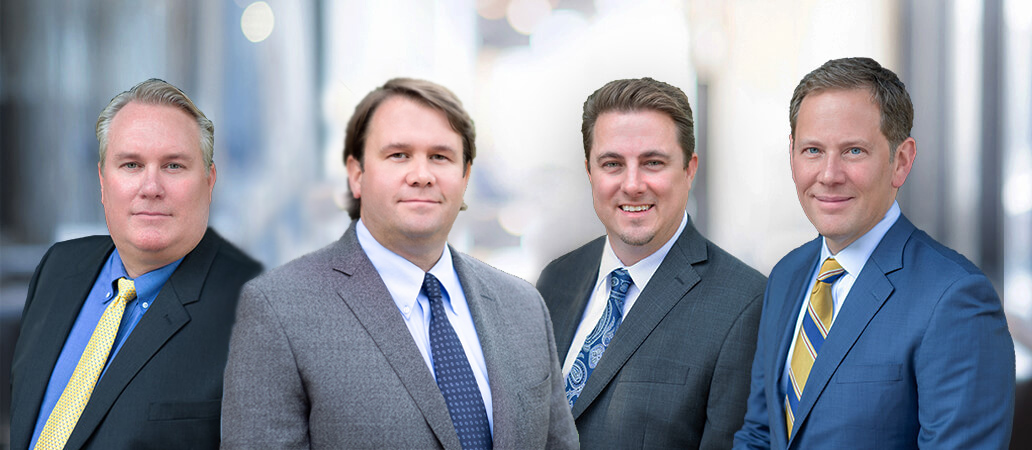
This matter involved a complex underinsured motorist claim originally arising from an accident that happened on June 2, 1997. The claimant, who at the time of the accident and after was a 50 year old heavy equipment mechanic at Campbell’s Soup, was also involved in subsequent accidents in January 2001 and July 2003. The subsequent accidents resulted in third party litigation and the UIM claim was joined with the third party litigation until the defendants involved in the subsequent accidents settled with the claimant for a total of $890,000.00.
Brian took the position that the June 1997 accident was minor and presented expert testimony from mechanical engineer Dan Layton that the closing speed in the accident was 4.2 miles per hour and that the resulting forces experienced by the claimant were equivalent to forces experienced by individuals in the course of common daily activities. Brian also argued that the subsequent accidents were much more severe and that it was the third accident that actually led to surgery in October 2003 involving a two level anterior cervical discectomy, plating, and fusion.
The claimant’s neurosurgeon was deposed three times. At the time of his first deposition in October 2002, he testified that the claimant’s neck pain, shoulder pain, intermittent radiculopathy, and numbness/tingling were the result of the 1997 accident and he had recommended the surgery, but by that time the claimant had not elected surgery. Brian argued at the arbitration hearing that at the time of that deposition the treating Neurosurgeon did not have an accurate history. When deposed a second time in October 2004, the treating Neurosurgeon acknowledged his prior testimony, but testified that when Ochinero returned to see him during 2003 he said that his symptoms were markedly increased after the third accident. He specifically testified, “The only thing I can tell you for sure is after the last accident he was much worse, because now he was on big-time pain medicine and he was miserable, and now he was ready to do surgery. That is the bottom line.” When deposed a third time just before the arbitration hearing, he testified that the subject accident was one of the factors that led the claimant to elect surgery.
An IME was performed by Michael Fry, M.D. He testified at the arbitration hearing, through the transcript of his deposition, that cervical MRI films done four months before the 1997 accident demonstrated a degenerative condition that eventually led to the need for surgery and that the 1997 accident did not play a role in the claimant’s need for surgery. He also testified that right shoulder complaints made by the claimant shortly before the 1997 accident were actually a symptom of the cervical degenerative disease.
At the hearing, records were placed in evidence to show that in July 1998 the claimant told his Physical Therapist that he was 90-95% well overall and that he then sought no further medical care until November 1998 when he saw his primary care physician complaining of neck pain after driving 1,000 miles while on vacation.
Medical expenses associated with the first accident totaled $7,527.00 most of which was for physical therapy. The underlying carrier paid its $15,000.00 policy limit and the claimant’s insurer paid $5,000.00 from the medical payments coverage. Brian argued that the 1997 accident was not a substantial factor in the ongoing objective complaints, the cervical spine surgery or a subsequent shoulder surgery at which a rotator cuff tear was found. The claimant submitted medical bills from June 1997 through August 2005 totaling $151,211.00. The claimant’s retained CPA calculated a past loss of income and fringe benefits in the amount of $353,569.00 and the value of future lost income and fringe benefits of $612,263.00. The claimant’s attorney argued the case had a value of 2.5 million dollars of which the claimant’s insurer was responsible for 85%, or $625,000.00 in damages. The demand was the residual policy limit of $85,000.00. The offer was $15,000.00. The arbitrator issued a gross award of $32,527.00 for a net award of $12,527.00.

